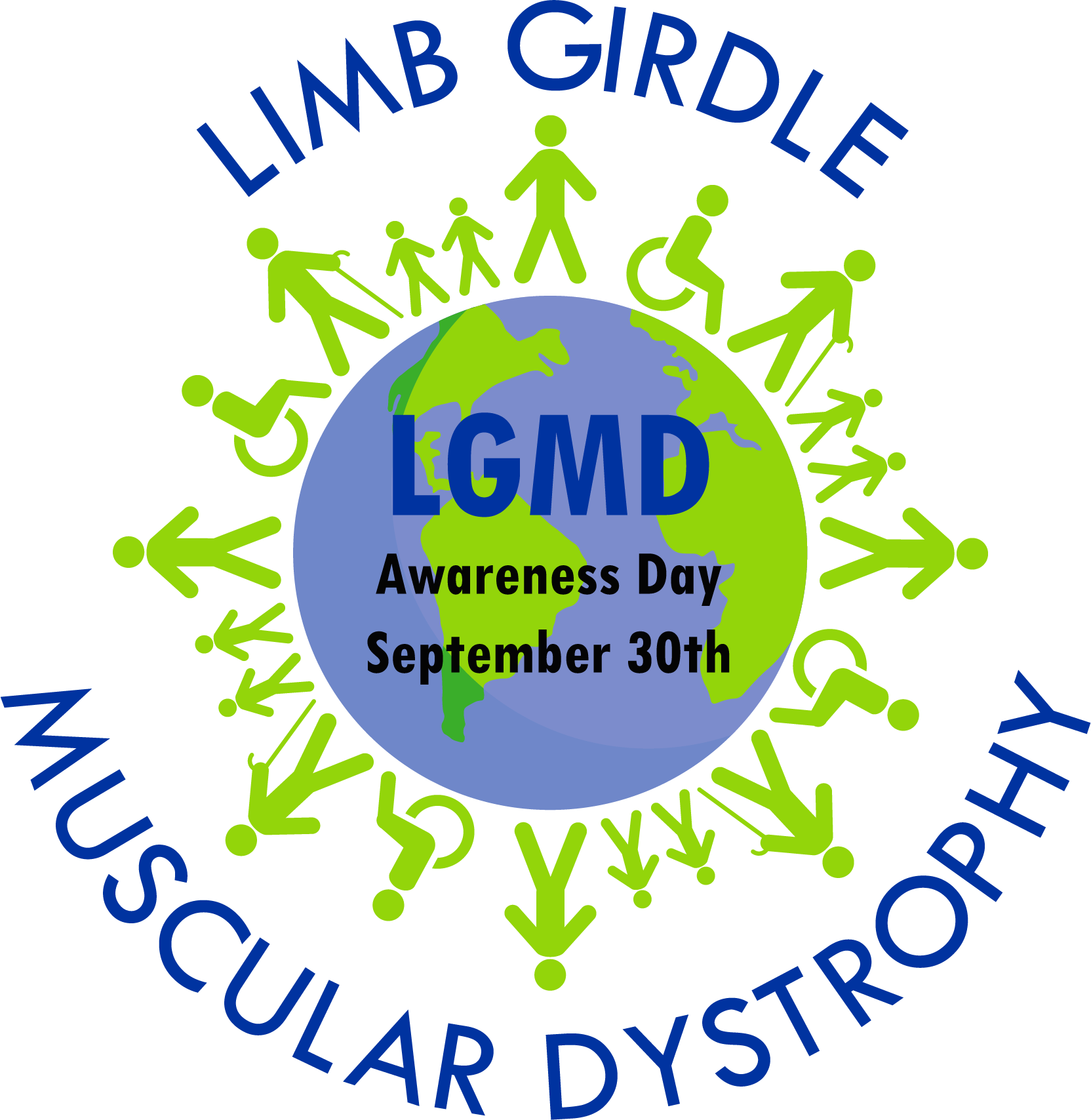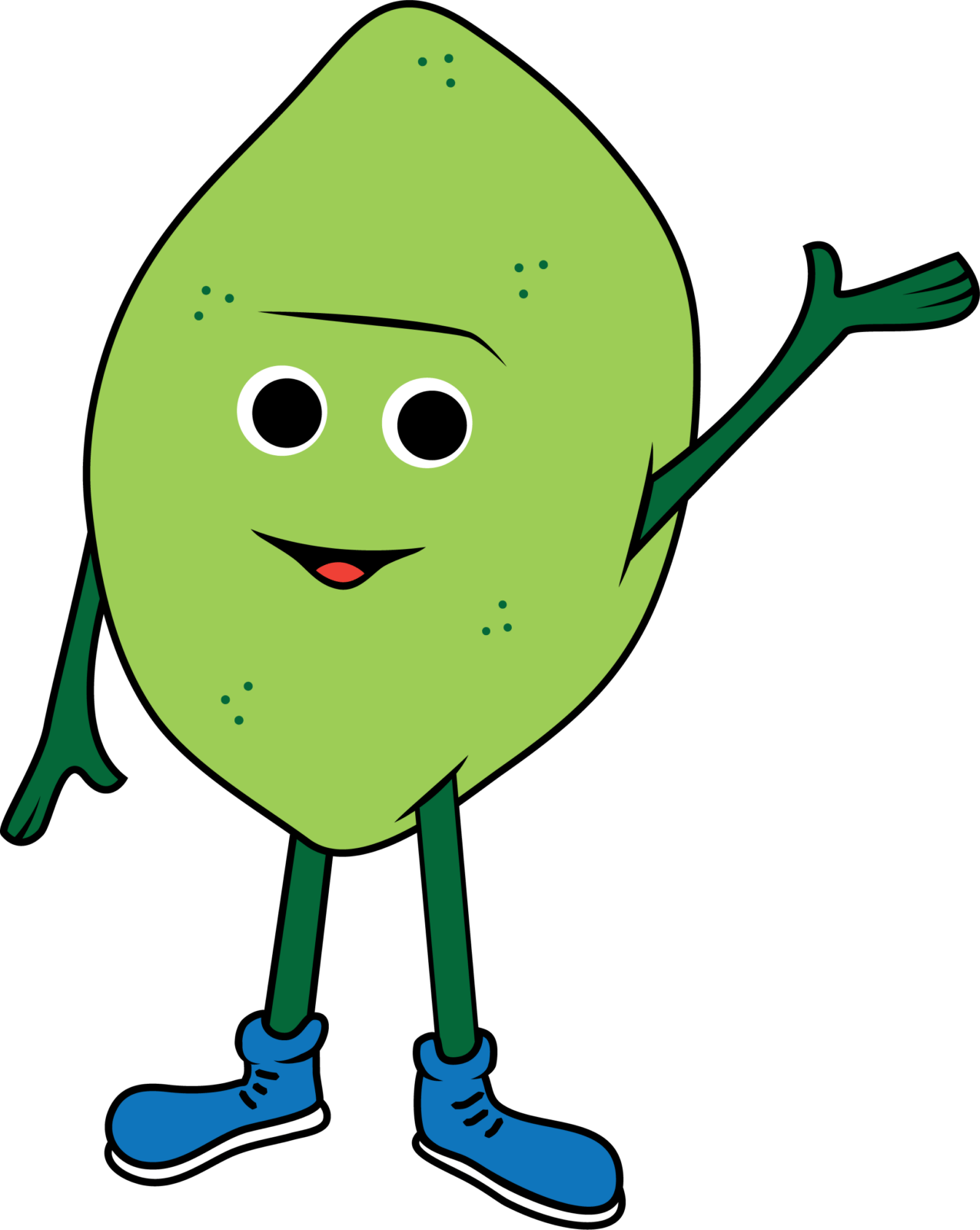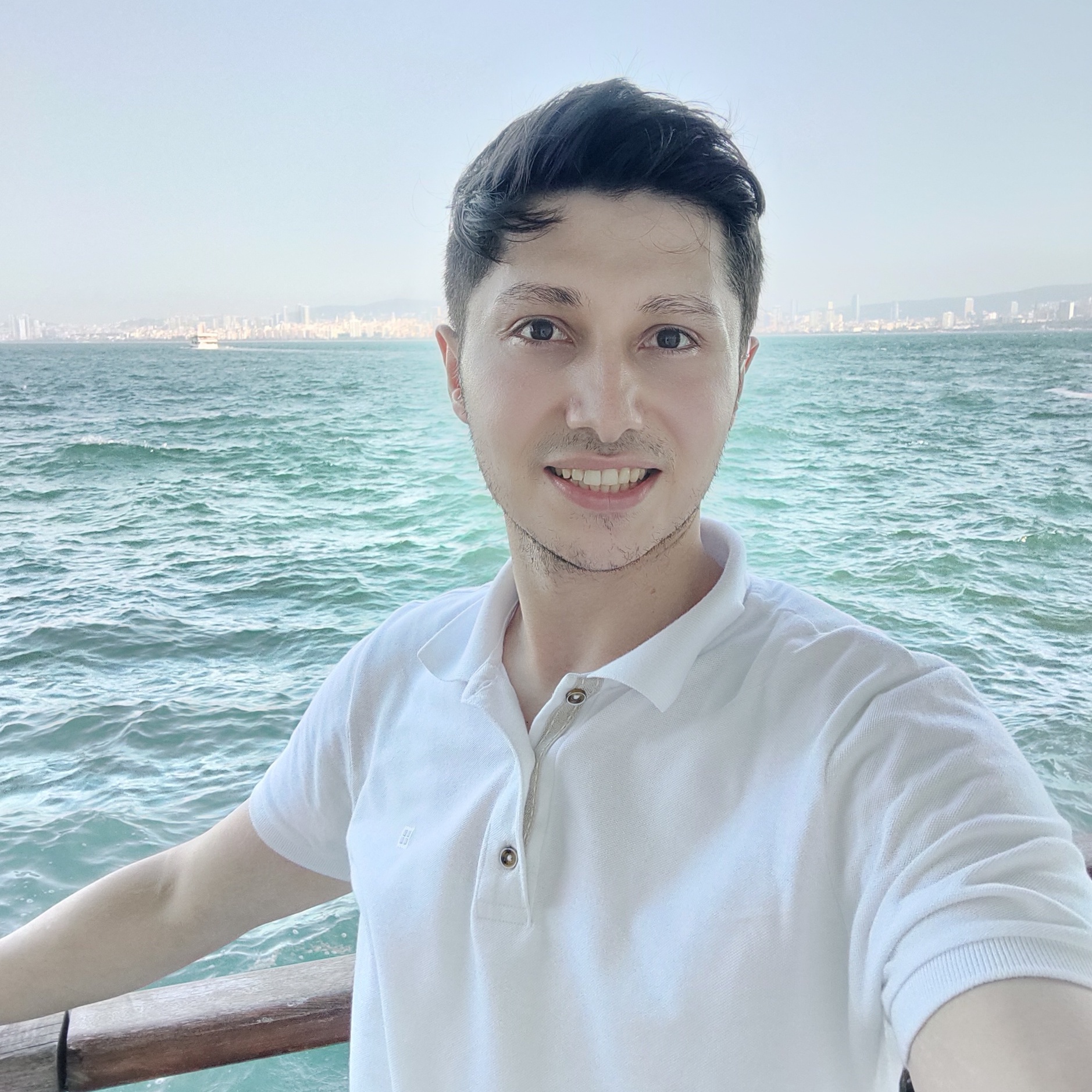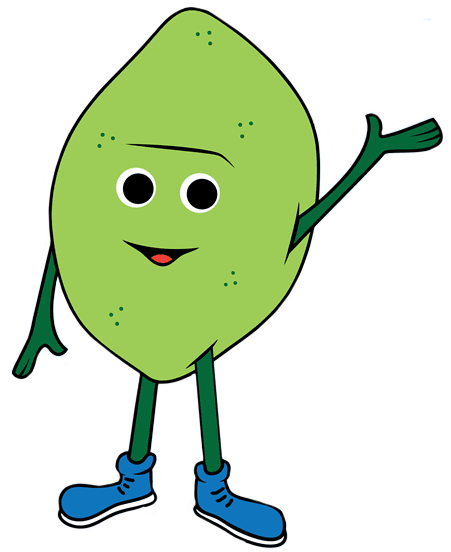
Explore our sections to find the knowledge you need to understand LGMD, navigate your or your loved one’s diagnosis, and connect with others on the same journey. From the basics of the disease, to symptom management, to accessing care - we’re here to empower you.
Our Advocacy Partners
Curecalpain3
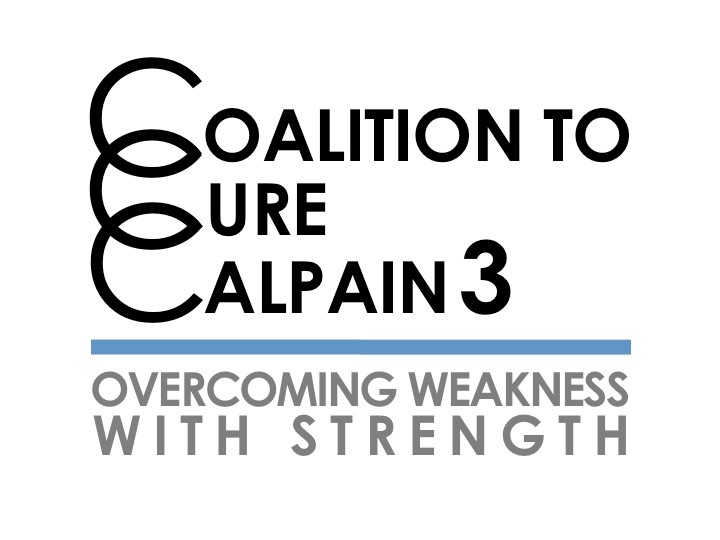
Uildm

Treat Nmd

proyectoalpha

Sarcoglicanopathy
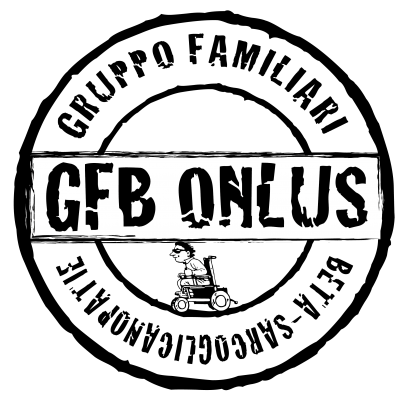
Dffoundation
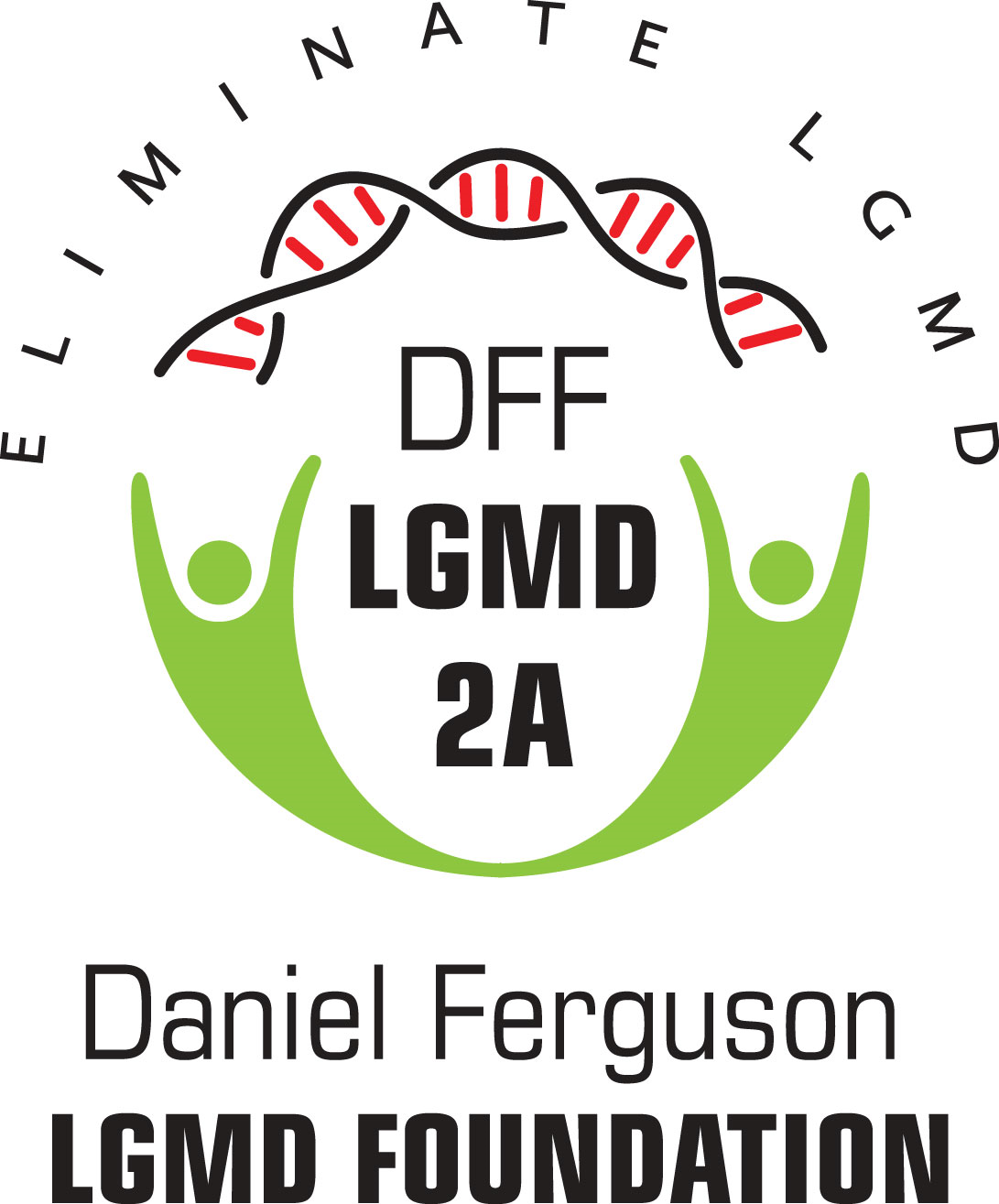
Conquistandoescalones

Ayushkamafoundation

Bandeau Logo Afm Telethon

Adm Org
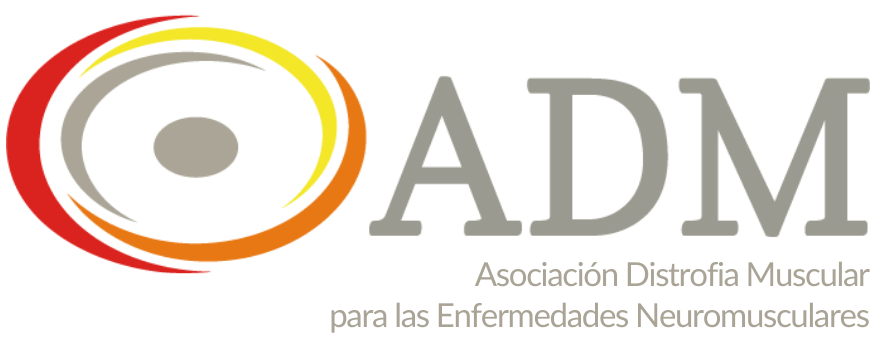
The Speak Foundation
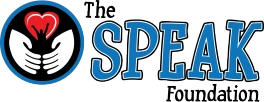
Titin My Opathy
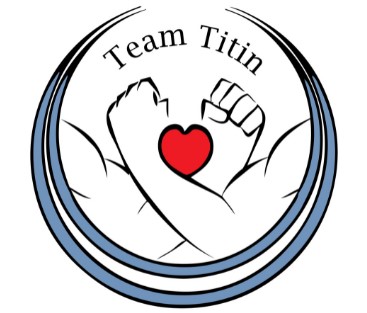
Spierkracht Logo Edited
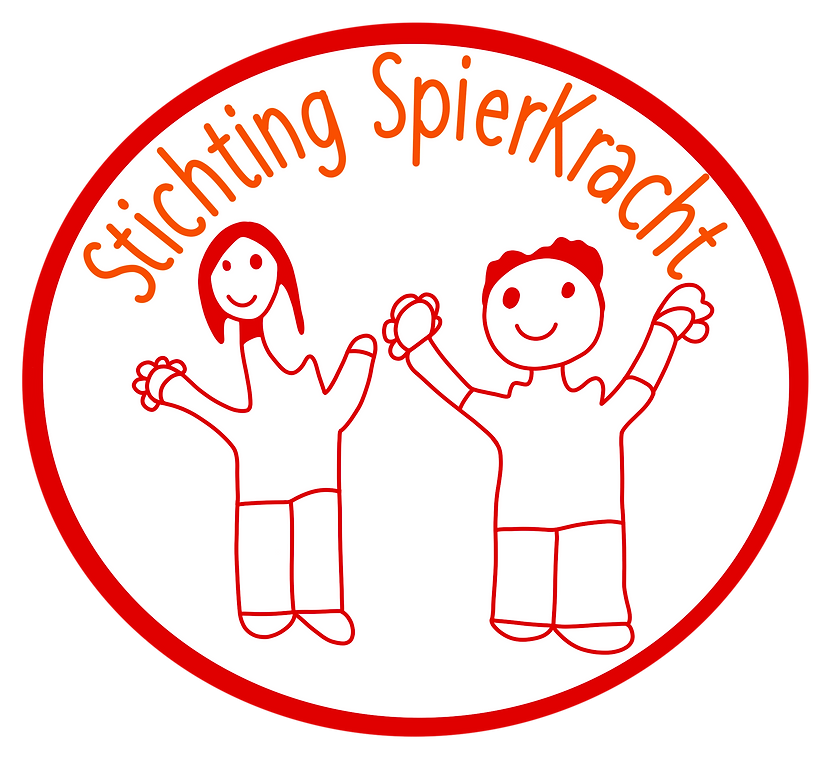
Lgmd2l Foundation
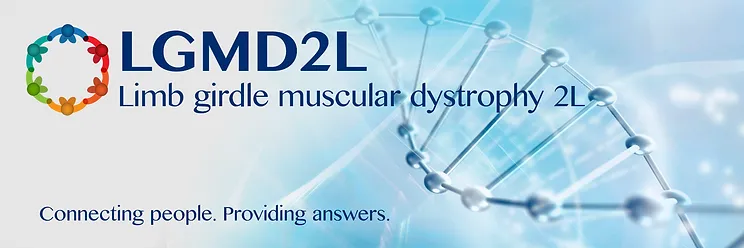
Lgmd2ifund

Lgmd2d Foundation
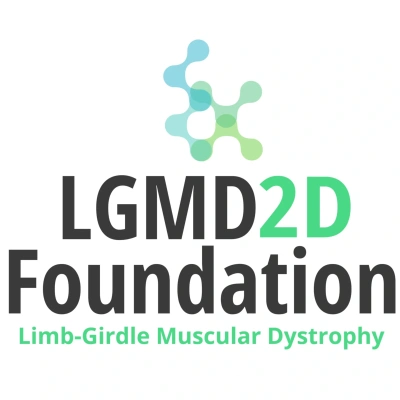
Lgmd1d@2x
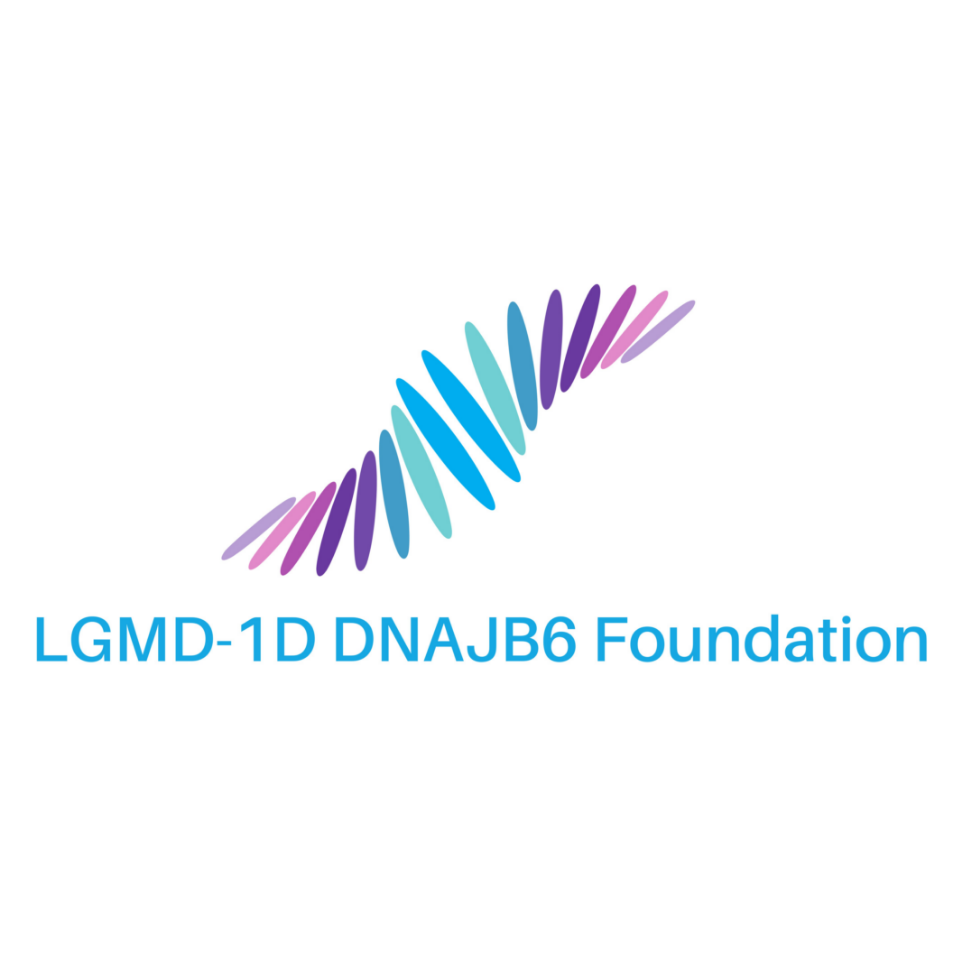
Kurt Peter Foundation

Jain Foundation

Curelgmd2i
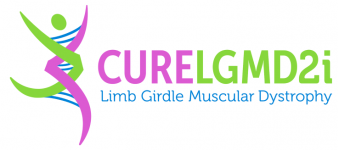
Mda

Dgm
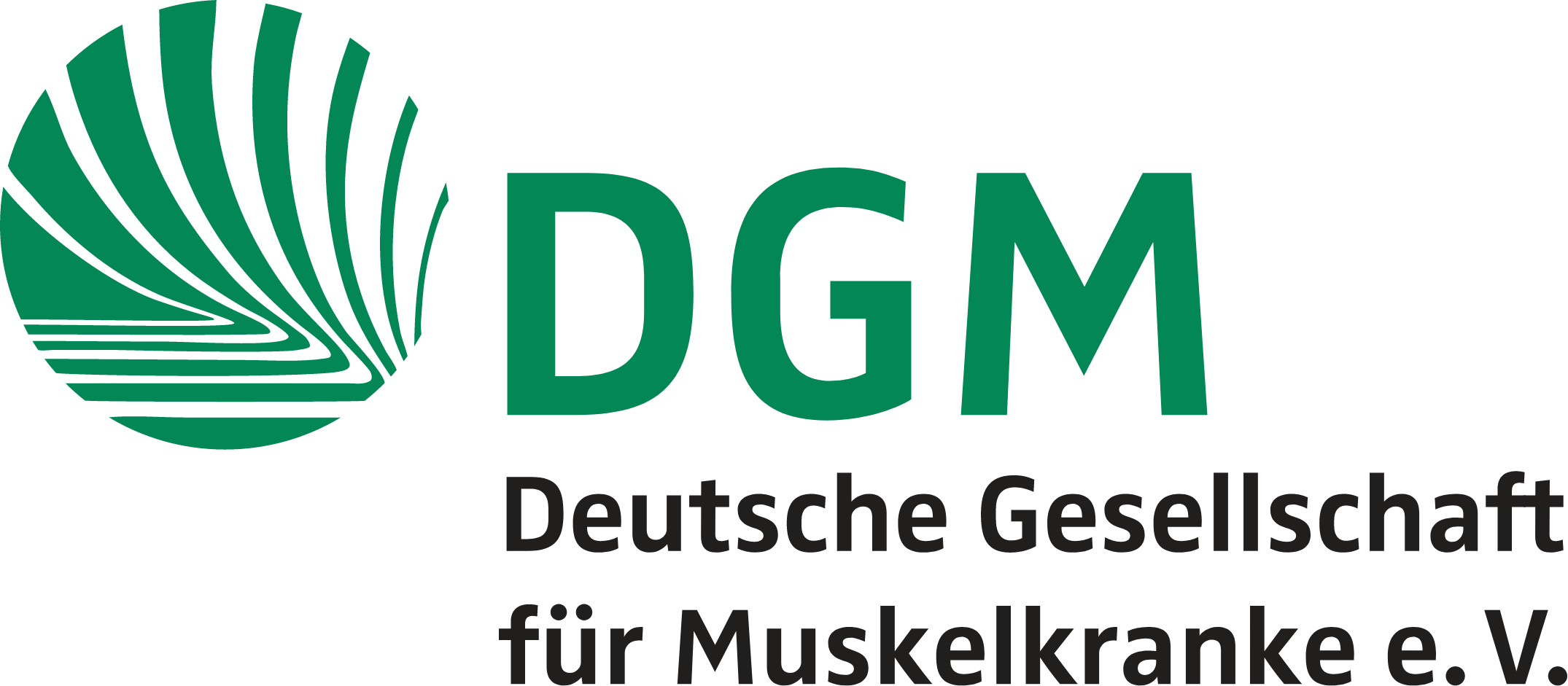
Atrium
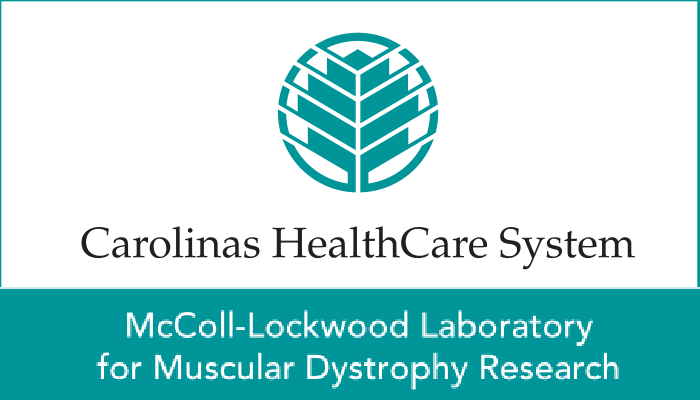
Dion Foundation


